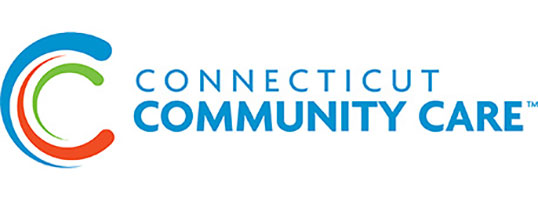Our Mission
Connecticut Community Care (CCC) identifies choices and provides services to help people of all ages, abilities, ethnicities and incomes to live at home.
Our Vision
A community that respects the dignity, rights and contributions of individuals of varying abilities and provides the resources to live how and where one chooses.
Our Core Values
RESPECT
CCC values the dignity and worth of every individual. We affirm the principles of self-determination – a person’s right to live how and where one chooses. We demonstrate this respect through our recognition and appreciation for diverse perspectives and for the power of autonomy and personal choice.
COLLABORATION
CCC builds and sustains collaborative working relationships with its employees, providers and the community. Collaboration is demonstrated through our commitment to ongoing education about long-term care options; fostering an environment of mutual respect, support and teamwork to produce positive outcomes; and cultivating partnerships to achieve a greater impact.
QUALITY AND INNOVATION
CCC believes that the best quality of life outcomes are achieved when people have the information and resources to make informed choices. As a high impact organization, our programs and policies demonstrate that we serve our customers through data-driven improvements, continuous community input and an organizational learning environment.
COMMUNITY LEADERSHIP
CCC identifies needs, initiates change and influences public policy through advocacy and education. Leadership is demonstrated by full community participation, open and honest communication, charitable giving and volunteerism and adaptation to the changing nature of the community.





